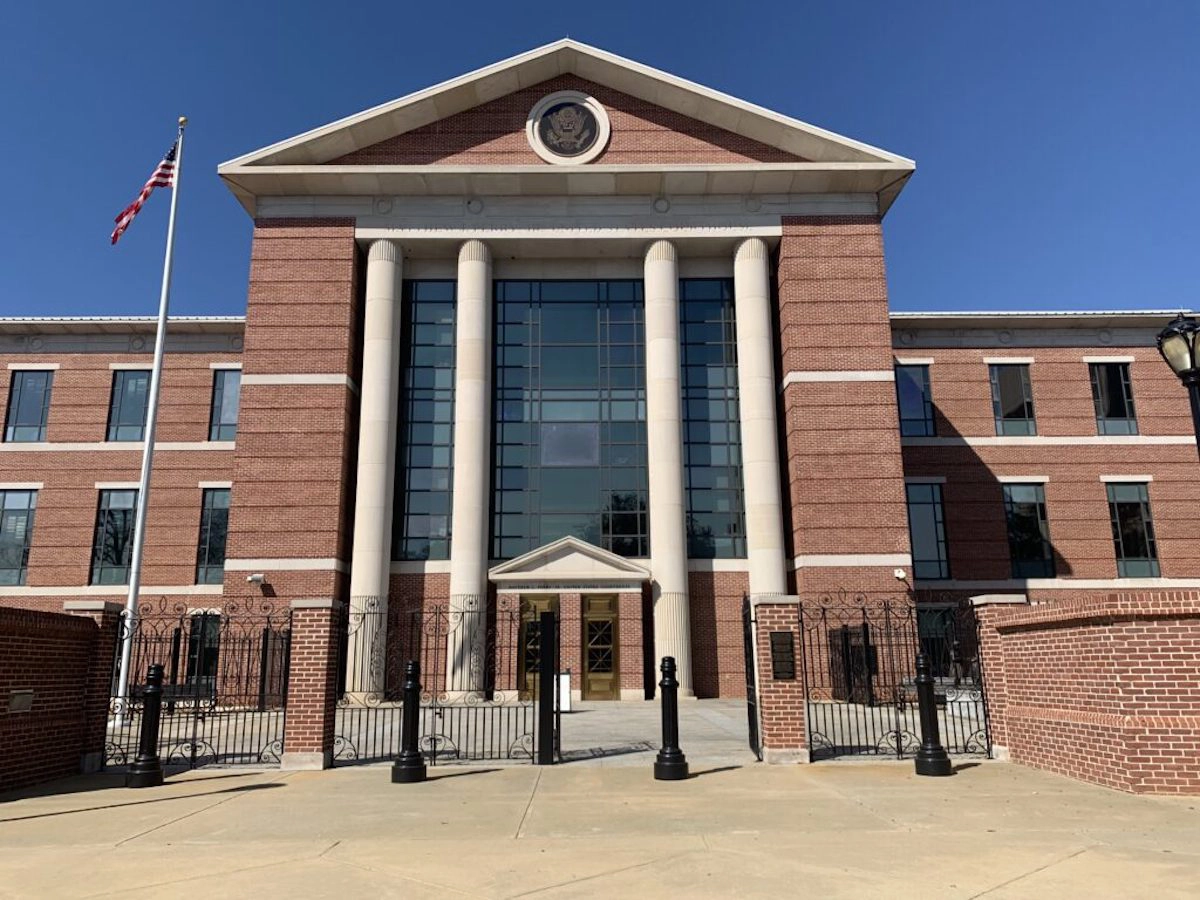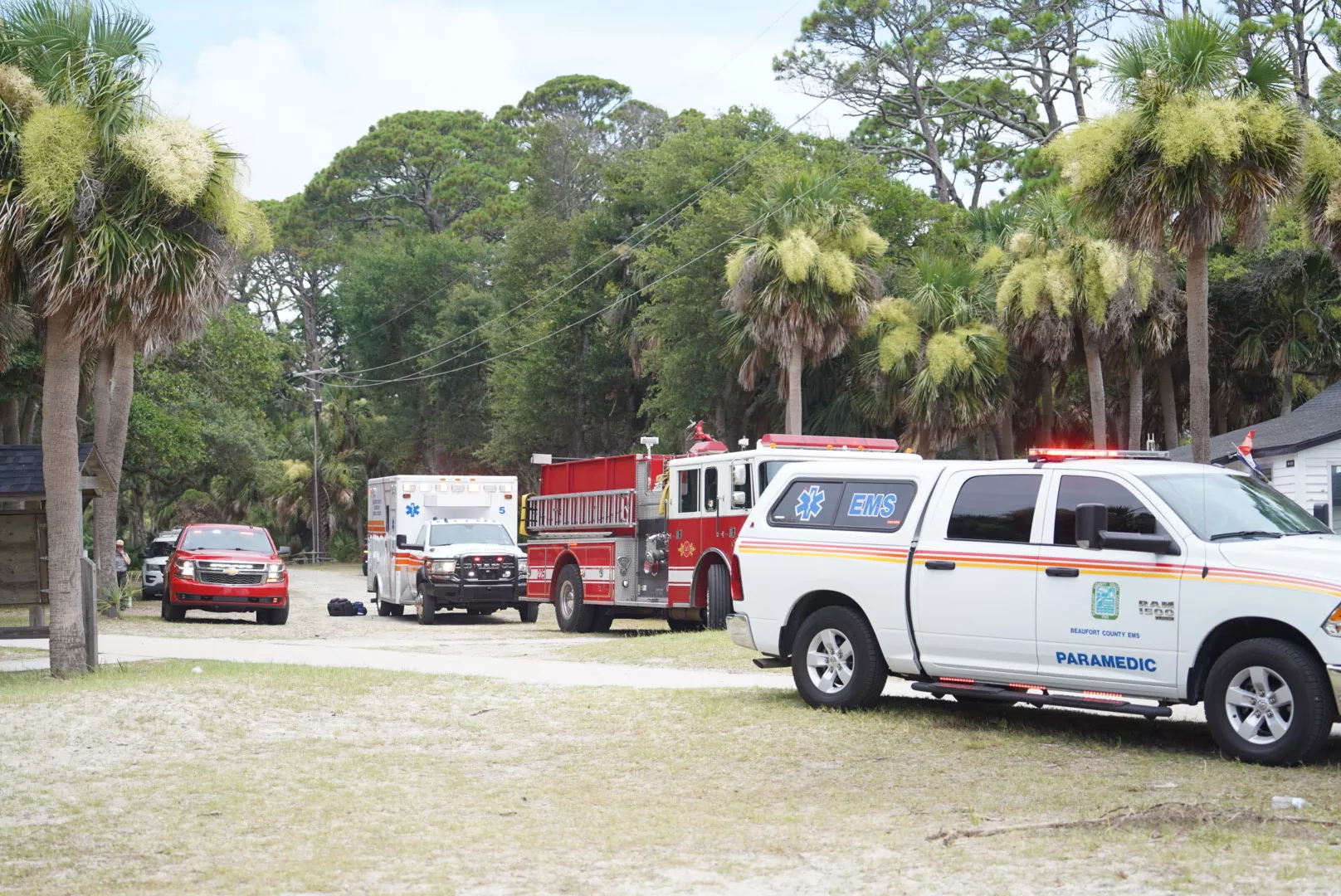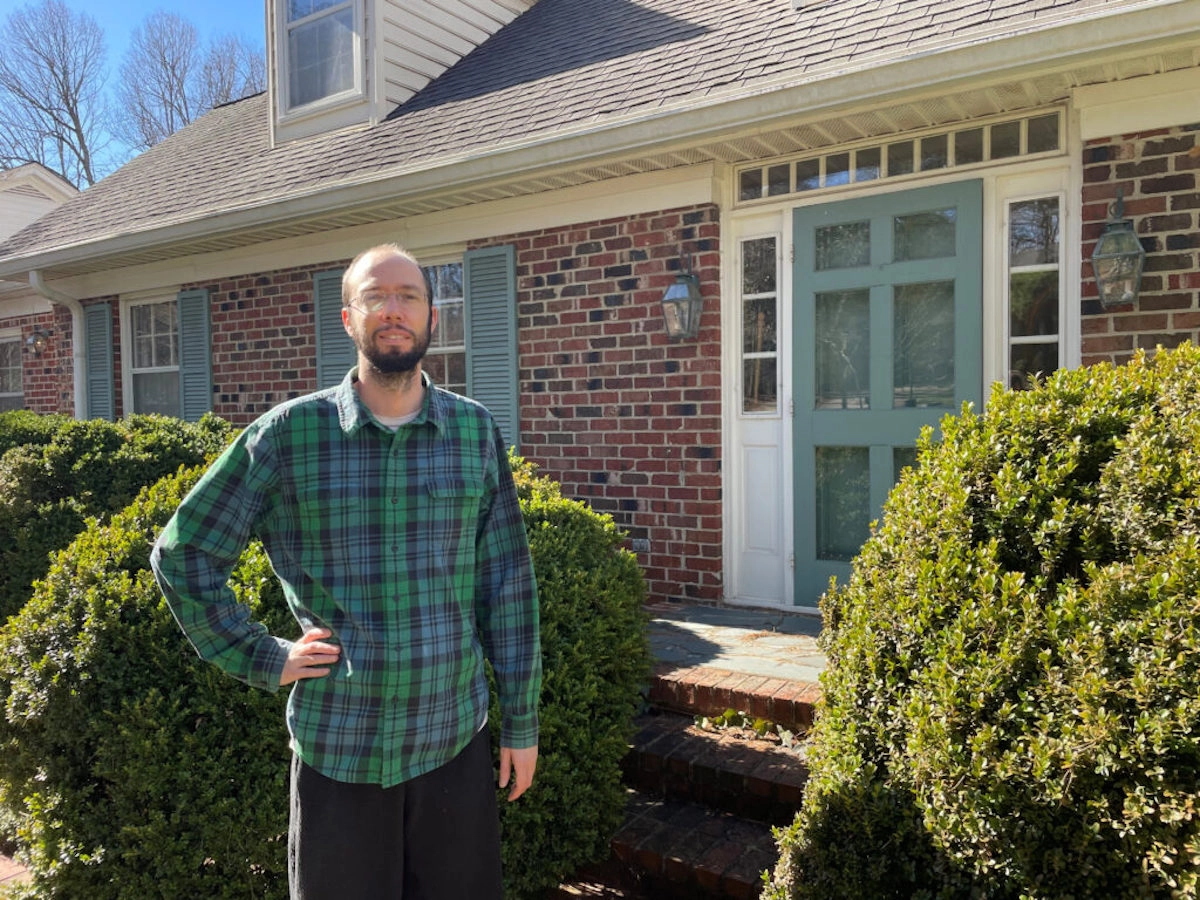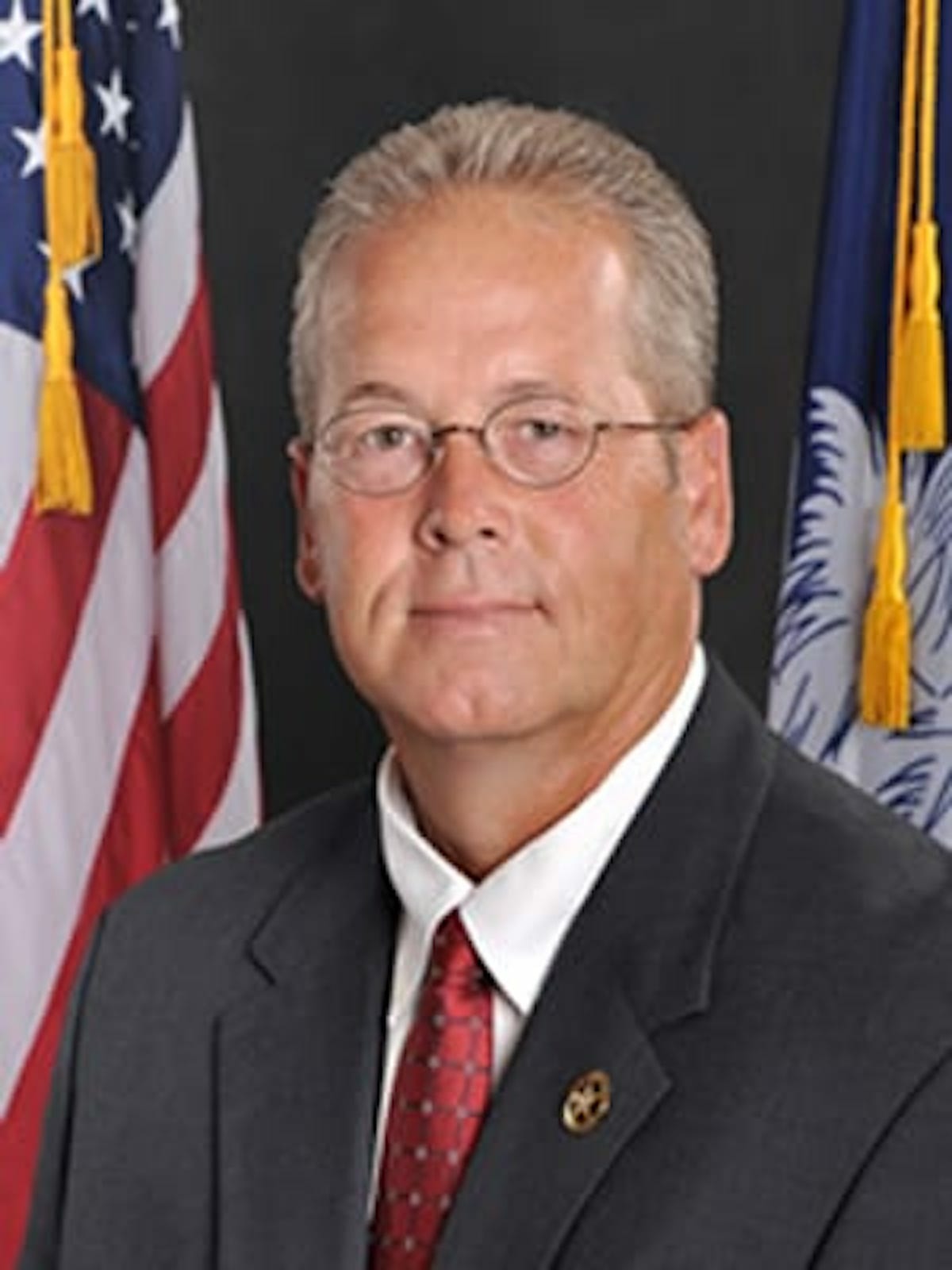Case marks first time a gender-based federal hate crime case has gone to trial
By Skylar Laird
SCDailyGazette.com
COLUMBIA — A jury convicted a Lowcountry man Friday, Feb. 23, of a federal hate crime for murdering the woman who may have been his lover because she was transgender.
In the first federal trial for a hate crime involving gender identity, the jury found Daqua Ritter, 27, guilty on all counts — murder involving a firearm and misleading investigators, as well as the hate crime charge — after four hours of deliberation following the four-day trial in Columbia. Prosecutors have said they won’t seek the death penalty but Ritter could face multiple life sentences. Sentencing will follow at a later date.
Ritter stood accused of killing 24-year-old transgender woman Dime Doe in 2019 to silence rumors that the two of them were in a sexual relationship.
The prosecution pointed to Ritter’s fear of people thinking he was gay for having sex with Doe, who was born biologically male but began living as a woman just after high school, as evidence he committed the crime out of gender-based hate. But according to his attorney, Ritter didn’t have a problem with Doe’s gender identity. After all, she had come out as transgender years before, and he knew what it meant to be seen in public with her.
The trial marked the first time a jury has heard a federal hate crimes case involving a crime committed over a person’s gender identity since it was outlawed in 2009. In 2017, a Mississippi man was sentenced to 49 years in prison for killing a transgender 17-year-old over her gender, but he pleaded guilty, forgoing a trial.
South Carolina is one of two states without a law specific to hate crimes. Ritter used a gun from a different state, prosecutors said, raising the case to the federal level.
Assistant U.S. Attorney Brook Andrews told reporters the case stands as a testament to the commitment of U.S. Attorney’s Office for South Carolina in fighting violence based on gender or sexual orientation.
“We are going to pursue those crimes, and you can bet we are going to prosecute them to the fullest extent of the law,” Andrews said.
Tensions rose
Ritter and Doe had known each other for years before she was found dead Aug. 4, 2019 on a country road near the small town of Allendale, prosecutors said. Ritter grew up in New York, and still lived there some of the time, but he often visited family members’ homes in South Carolina.
Tensions rose in the weeks leading up to Doe’s death, prosecutors said. His girlfriend at the time, Delasia Green, discovered text messages between the two of them and accused Ritter of cheating. She had accused him of cheating before, but it wasn’t until she learned Doe was transgender that he got angry, telling her not to question his heterosexuality.
Exchanges like this are what prosecutors used to argue Ritter killed Doe because of her gender identity, escalating a murder charge into a hate crime.
“He didn’t want anybody thinking he would have sex with a transgender woman,” prosecutor Andrew Manns said.
People were calling Ritter “all sorts of” homophobic slurs, he said in a text to Doe in the days leading up to her death. And in an interview with an investigator after her death, Ritter told a detective that he didn’t “agree with her lifestyle,” prosecutors said. And in the days before she died, he went so far as to tell friends he would hurt her to keep her quiet about their relationship, they added.
What prosecutors didn’t show, said defense attorney Josh Kendrick, was that Ritter and Doe generally had a more tender relationship. He pointed to hundreds of text messages between them, in which Ritter confided his problems and did not get angry.
A timeline of events
Ritter would use a friend’s phone to text Doe just after 2 p.m. on Aug. 4, 2019, asking her to to come pick him up, prosecutors said. Ritter wanted to see her, he told her, and they only had about an hour and a half to spend time together.
Doe arrived around 2:40 p.m. Less than half an hour later, a police officer pulled her over for speeding on a nearby road. Body camera footage showed the lower half of another person in the car with Doe and a tattoo matching one Ritter has on his hand.
Texts from Doe’s phone indicated the two were still together at 3:14 p.m. but by 4 p.m., all the texts and calls on her phone stopped. Less than an hour later, Ritter’s friend called Doe’s phone and Ritter picked up, the friend testified.
A man found Doe’s body slumped over the wheel of her car on an abandoned property that he owned. She had three gunshot wounds to the head.
That evening, Ritter arrived unexpectedly at his uncle’s house, half a mile from where Doe’s body was found, asking for a ride back to town. He allegedly burned his clothes that night, and friends told investigators he said “no one’s going to have to worry about” Doe anymore.
The next day, Ritter approached Kordell Jenkins, a friend, and asked him to get rid of the gun, Jenkins testified.
Within the week, Ritter’s girlfriend drove him the 80 miles from Allendale to Columbia to catch a bus back to New York. She asked Ritter if he had anything to do with Doe’s death. He didn’t answer, she said, just looked away and smirked.
Kendrick cast doubt on the testimony during his closing argument, calling the witnesses “a crew of clowns.”
While in New York, Ritter stayed in touch with a friend in Allendale who reassured him in text messages that no one was going to “snitch.” He was banking on the idea no one would care enough about Doe to try to solve the crime, prosecutor Andre Manns said in his closing argument.
“Don’t let his cover-up work,” Manns urged.
The jurors agreed.
Skylar Laird covers the South Carolina Legislature and criminal justice issues. Originally from Missouri, she previously worked for The Post and Courier’s Columbia bureau.









